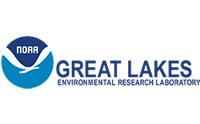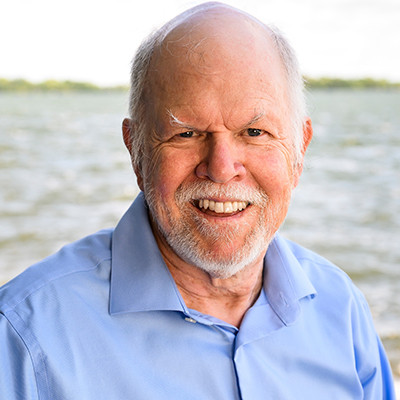
University of Wisconsin–Madison
Tuesday, June 3
Resilience is the tendency of an ecosystem to remain in a desired state without crossing a threshold to a different state. For lakes, clear water and healthy fisheries are desired states, and we avoid thresholds that cause harmful algae blooms or loss of valuable fisheries. This talk will present an approach for measuring resilience using experiments on whole lakes that are remote and dedicated for scientific research. On public lakes people are part of the system, and collective action involves discussions among parties. Scenarios workshops are among the possible approaches for collective action when thresholds are unknown, and any intervention, including doing nothing, is an experiment. The talk will briefly summarize examples of scenario processes for lake management.
Steve Carpenter is professor emeritus of integrative biology and former director of the Center for Limnology of the University of Wisconsin–Madison. He has led whole-ecosystem experiments to address questions about trophic cascades and their effects on production and nutrient cycling, contaminant cycles, recreational fisheries, eutrophication, nonpoint pollution, ecological economics of freshwater, and resilience of ecosystems and social-ecological systems. He is an experienced organizer of collaborations among scientists, managers and the public to improve ecosystem services of working landscapes and the freshwaters that drain them. A full biography, publication list and contact information are posted on Carpenter's faculty page.
Photo by Jeff Miller, University of Wisconsin News Service.
